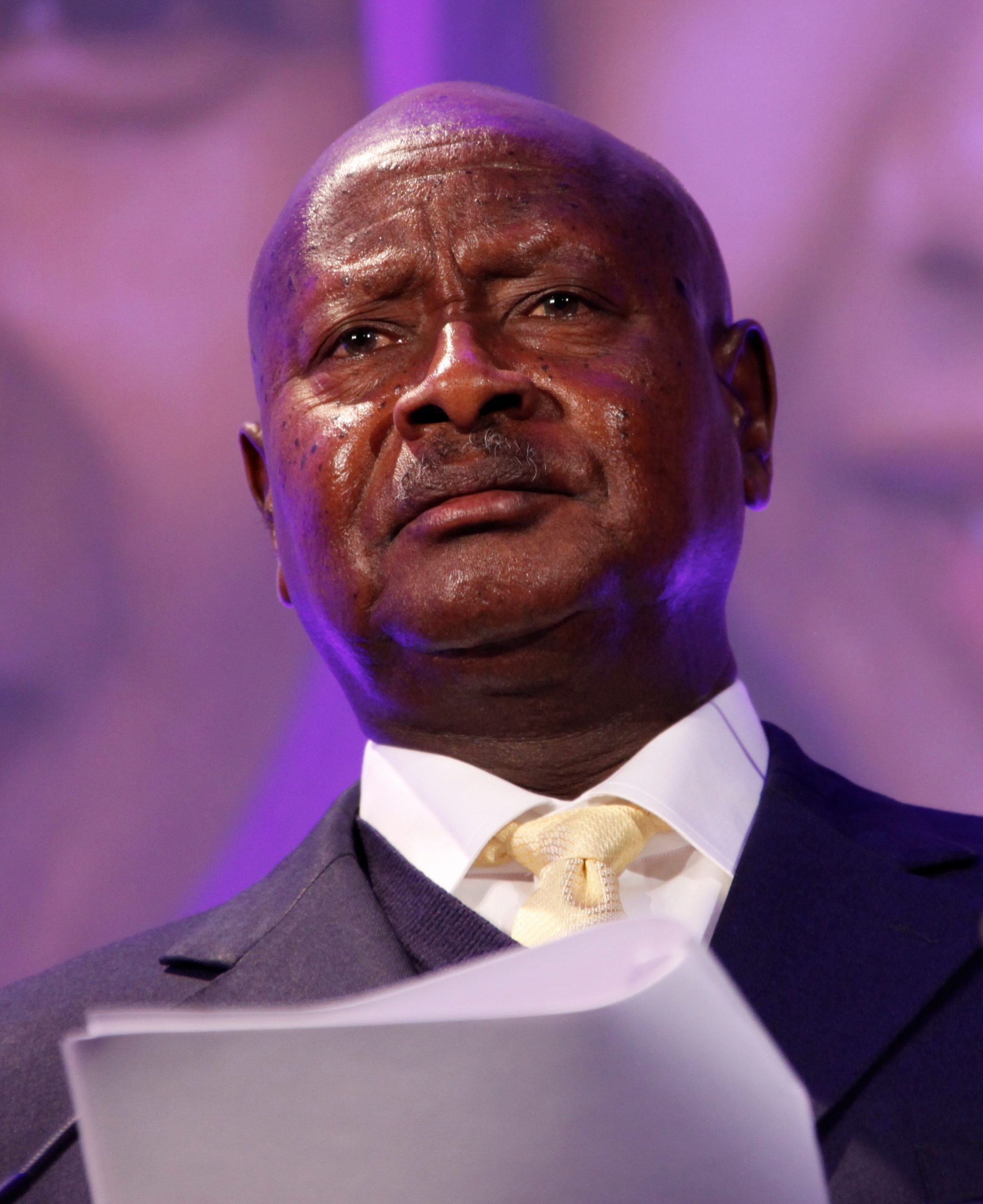In a controversial move that highlights the intersection of foreign policy and domestic interest groups, the Biden administration has taken a stance against Uganda’s adoption of new laws criminalizing certain homosexual behaviors. Despite the absence of any tangible threat to vital U.S. interests, the administration has threatened to impose sanctions on the African nation. This decision has raised eyebrows and sparked a debate about the motivations behind such a move.
Biden calls for repeal of Uganda's anti-gay law, threatens sanctions https://t.co/dlO9Pxtuyv
— NewsNation (@NewsNation) May 30, 2023
According to Axios, the proposed actions by the Biden administration include a review of Uganda’s eligibility for the African Growth and Opportunity Act, which grants duty-free access to the U.S. market for numerous products from eligible sub-Saharan African countries.
Additionally, the administration is considering whether to continue providing services under the U.S. President’s Emergency Plan for AIDS Relief and other forms of assistance and investments. This move begs the question: why is the U.S. State Department getting involved in the internal affairs of a country located thousands of miles away?
Understanding the New Laws: To comprehend the rationale behind the U.S. administration’s response, it is crucial to examine the nature of the new laws enacted by Uganda. According to The Hill, these laws introduce severe penalties for engaging in homosexual activities. Specifically, the legislation imposes the death penalty for cases of “aggravated homosexuality” and a life sentence for engaging in same-sex acts. The state defines “aggravated homosexuality” as acts committed by individuals infected with HIV or involving children, disabled persons, or individuals drugged without their consent.
While the penalties prescribed by Uganda’s new laws are undeniably harsh, it is important to note that they primarily target individuals engaging in sexual acts with minors and those incapable of giving consent. Even so, these measures are unlikely to garner support from Americans across the political spectrum. The severity of the penalties raises concerns about human rights and the treatment of marginalized individuals within the country.
Interestingly, the proposed sanctions to be imposed on Uganda include cutting off AIDS relief funds, a measure that is ironic given the gravity of the HIV epidemic in the country. Additionally, these sanctions could potentially impede economic development and poverty alleviation efforts in Uganda, as the regime has long asserted the vital role of external support in these areas. Therefore, it appears that the U.S. administration’s response might inadvertently punish ordinary Ugandans instead of targeting the regime responsible for the controversial laws.
The Biden administration’s threat of sanctions against Uganda over the adoption of new anti-gay laws has ignited a contentious debate. Critics argue that it represents a form of pandering to domestic interest groups, while others maintain that it is a genuine response to protect human rights. The severity of the penalties imposed by Uganda’s legislation cannot be ignored, but the proposed method of punishment raises questions about the potential unintended consequences on the general population. As the situation unfolds, it remains to be seen how this clash between foreign policy and domestic concerns will impact both nations.


